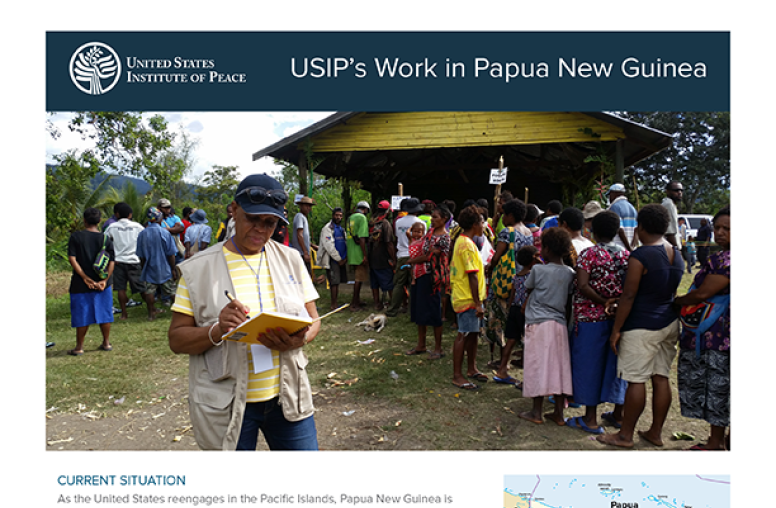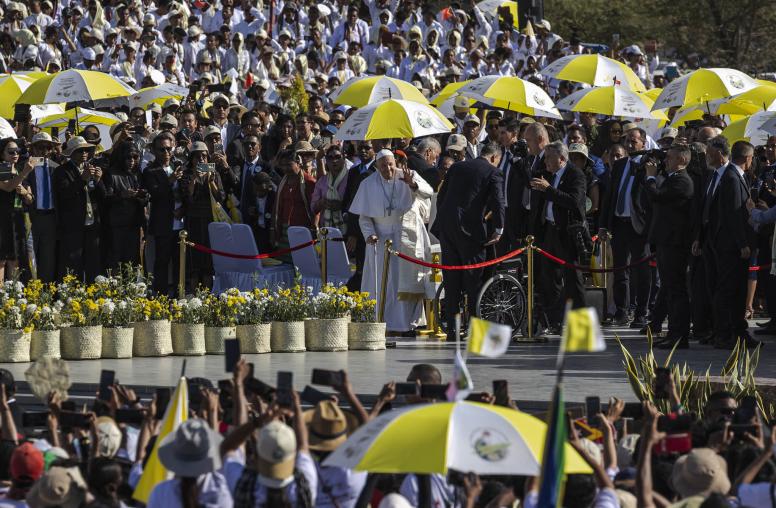There are many risks factors to stability in Papua New Guinea (PNG), requiring a holistic approach to addressing its fragility and building resilience. Exacerbating these risk factors is a deficit of trust between the state and its citizens. As the United States implements a new strategy to advance peace and security in PNG, it will be critical to repair the citizen-state relationship. Laura Bailey, a senior development specialist and a retired global lead for stability, peace and security at the World Bank, analyzes the risks to stability in PNG, what the United States and international should prioritize in PNG and what aid agencies can do to better mitigate conflict on the island nation.



